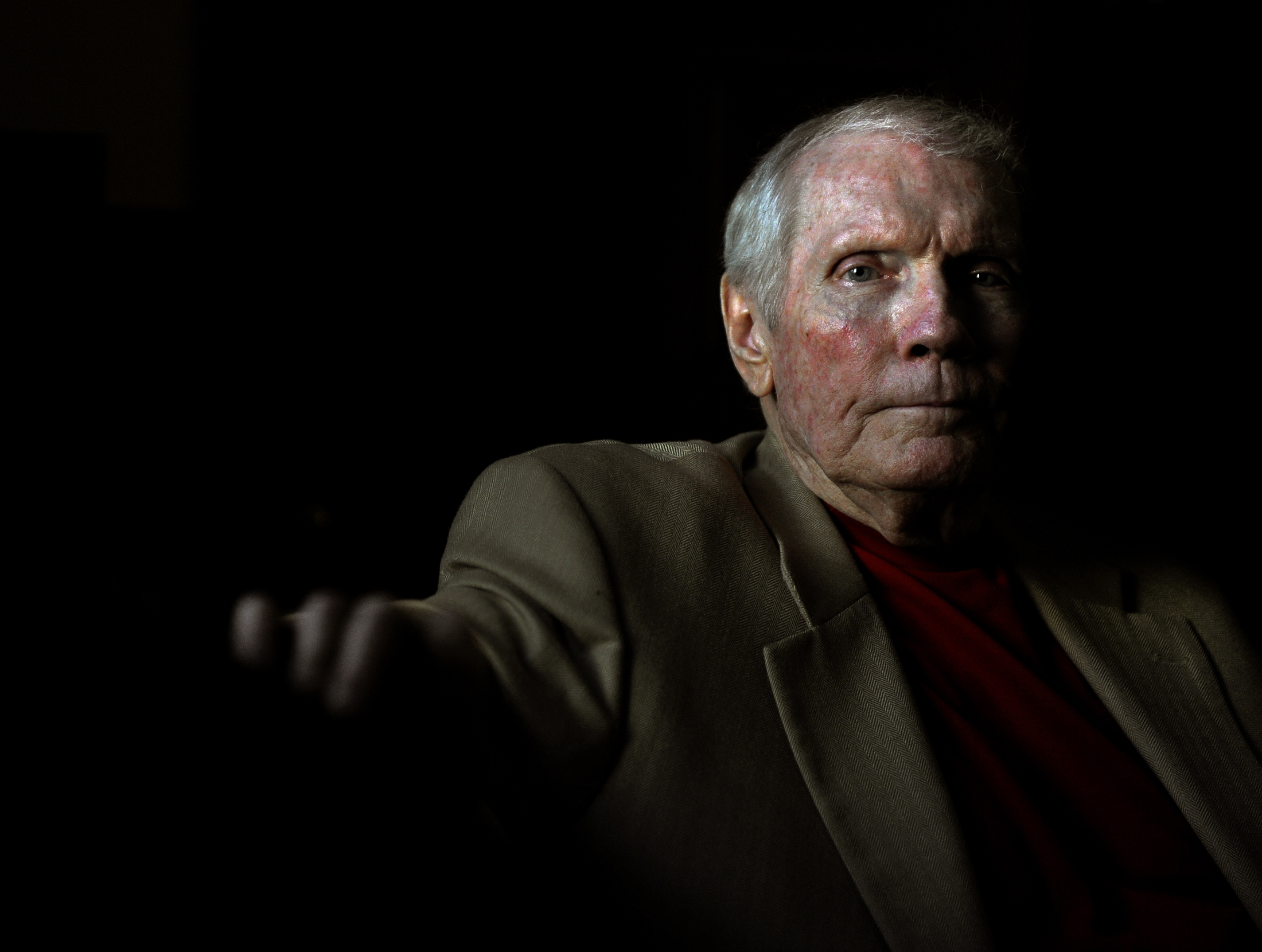Fred Phelps, the controversial founder of the Westboro Baptist Church, emerged as a polarizing figure in the American cultural landscape. Known for his fervently anti-LGBTQ rhetoric and picketing at military funerals with provocative slogans, Phelps and his congregation became infamous for their extremist viewpoints and unyielding beliefs. But one must wonder: how did a small, fringe church manage to gain national attention and provoke substantial discourse around freedom of speech and religion?
Born in 1929, Phelps was a self-proclaimed attorney who utilized his legal expertise to champion causes that many would deem unpalatable. His establishment of the Westboro Baptist Church in 1955 represented a confluence of intense religious devotion and a vehemently antagonistic worldview. The congregation, composed largely of Phelps’ extended family, vehemently embraced a literal interpretation of Scripture, which they used to justify their public displays of condemnation.
What challenges does this present to the broader conversation surrounding civil rights and tolerance in a diverse society? The paradox lies in the juxtaposition of constitutional rights against the values of acceptance and inclusivity that many strive to uphold. The Supreme Court frequently found itself grappling with Phelps’ protests, ultimately ruling that his church’s demonstrations fell under the protection of the First Amendment. Such decisions revealed the complexities entangled in balancing free expression with public sentiment.
As Phelps rose to notoriety, he became emblematic of a counter-narrative to mainstream religious thought. His tactics, while perceived as repugnant by the majority, forced a reckoning within many communities about the limits of permissible speech and the responsibilities of citizens to challenge hate. In doing so, he inadvertently galvanized opposition movements that aimed to combat discrimination and promote equality.
Moreover, Phelps’ death in 2014 catalyzed a reflection on the legacy of his actions. The church’s prominence declined significantly without its earlier figurehead, but the questions he raised continued to resonate. How might society reconcile the existence of hate with the imperative for compassion? The Westboro Baptist Church, while operating in a small-town setting in Kansas, undeniably cast a long shadow over the dialogue on religious extremism and its implications for democracy.
As public discourse evolved, the challenge remains: Can we create a framework where the necessary condemnations of hate can coexist with the rights of individuals to express their beliefs, however abhorrent they may be? This quandary invites ongoing examination, serving as a testament to the complexities inherent in a pluralistic society. The legacy of Fred Phelps is one that challenges us to critically evaluate the boundaries of faith, speech, and the moral imperatives guiding collective action.
